Removing marine plastic litter is costly for small island states
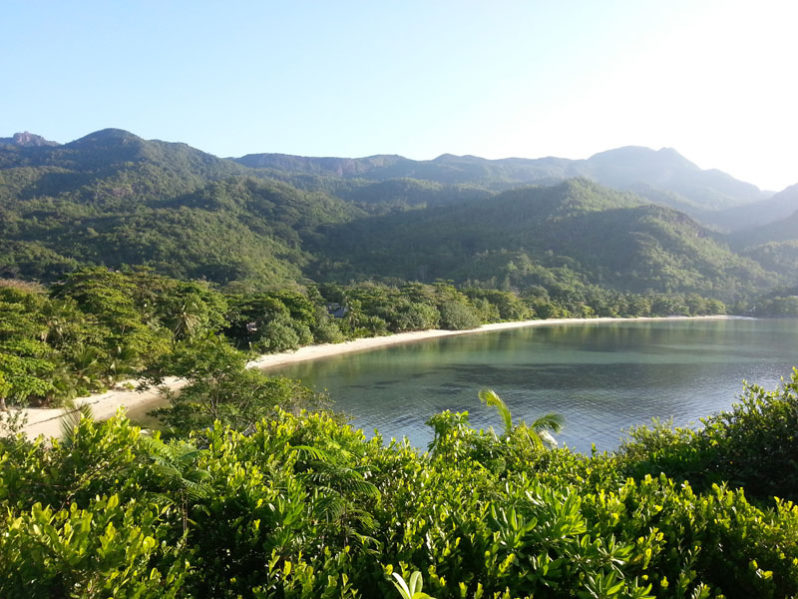
Removing all of the plastic litter from the UNESCO World Heritage Site of Aldabra Atoll—a ring of islands formed from coral reef in the Seychelles—would cost US $4.68 million and require 18,000 hours of labour, according to a study in Scientific Reports.
Why Bioplastics Will Not Solve the World’s Plastics Problem
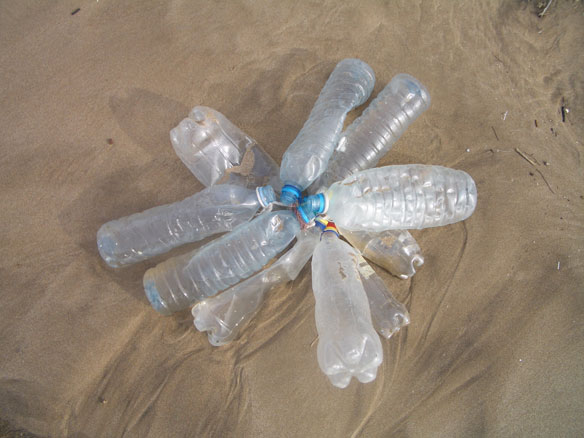
Bioplastics are being touted by industry marketers as the solution to plastics pollution. But the idea that bottles and packaging made of plant-based material can simply be discarded and then break down and disappear is false
Plastics, waste and recycling: It’s not just a packaging problem
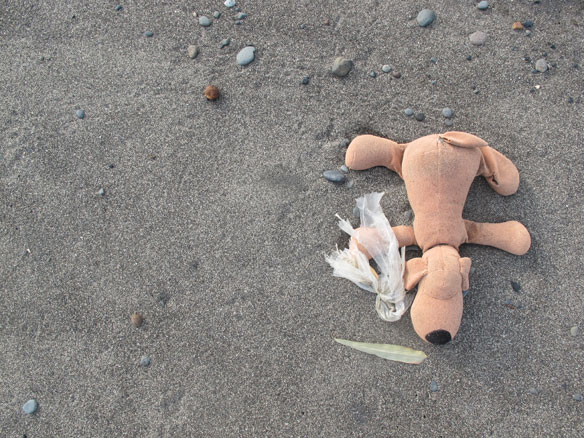
Discussions of the growing plastic waste problem often focus on reducing the volume of single-use plastic packaging items such as bags, bottles, tubs and films. But a new University of Michigan study shows that two-thirds of the plastic put into use in the United States in 2017 was used for other purposes.
There is at least 10 times more plastic in the Atlantic than previously thought

The mass of ‘invisible’ microplastics found in the upper waters of the Atlantic Ocean is approximately 12- 21 million tons, according to new research.
Critical questions over disease risks from ocean plastic

Key knowledge gaps exist in our understanding of how ocean microplastics transport bacteria and viruses — and whether this affects the health of humans and animals, researchers say.
Research reveals microplastic content levels in seafood
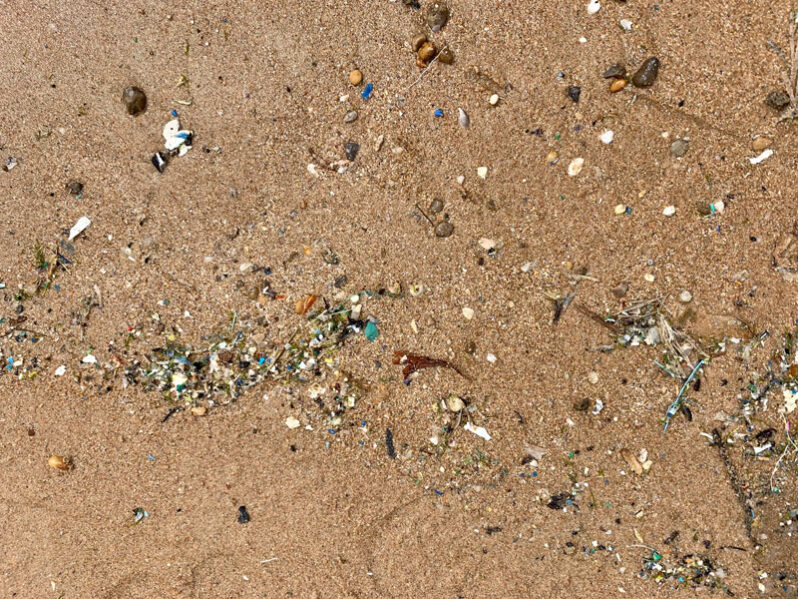
Levels of plastic contamination has been found in samples of popular seafood such as prawns, oysters and crabs, with the highest content found in sardines, according to University of Queensland research.
Maldives records highest level of micro plastic pollution on the planet
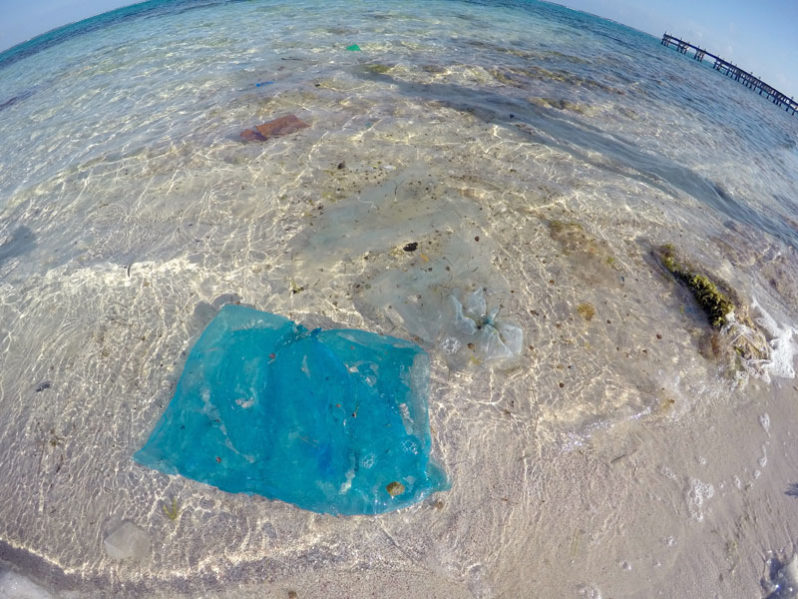
The amount of micro plastic pollution in waters around the Maldives, a global tourist destination known for its beautiful coastline, is amongst the highest in the world and has the potential to severely impact marine life in shallow reefs and threaten the livelihoods of island communities.
Researchers make major, concerning microplastics discovery
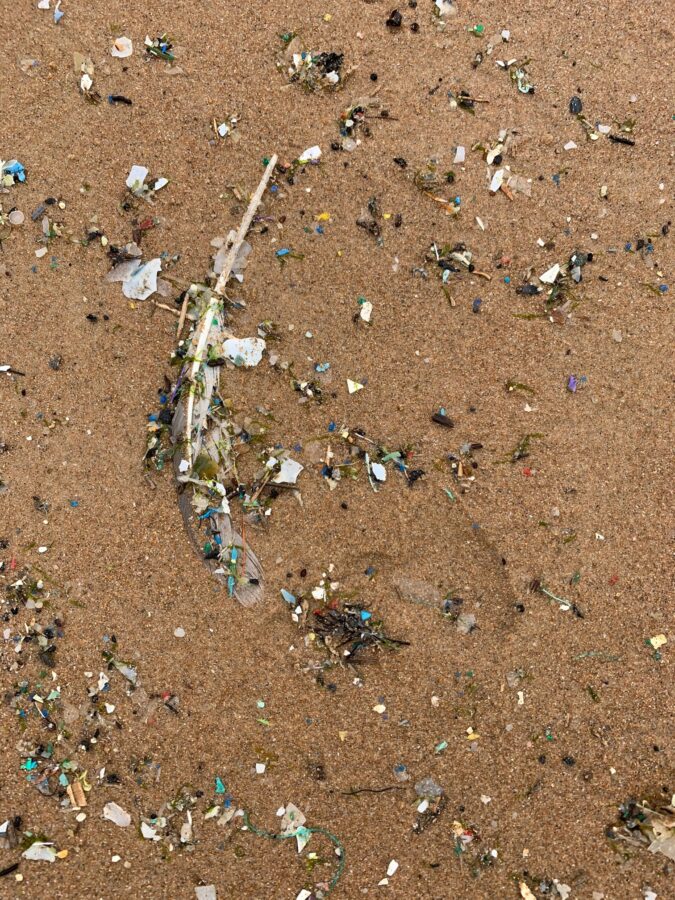
Researchers discovered that microplastics in our freshwaters are being broken down into even smaller nanoplastics. Their findings have significant consequences for the understanding of microplastics in our environment and could have implications for the food chain.
Plastic trash flowing into the seas will nearly triple by 2040 without drastic action
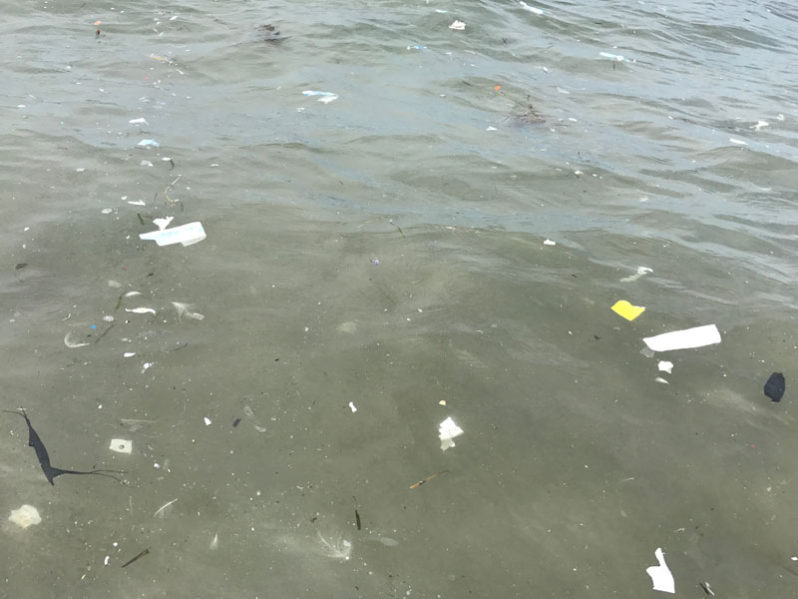
The amount of plastic trash that flows into the oceans every year is expected to nearly triple by 2040 to 29 million metric tons.
